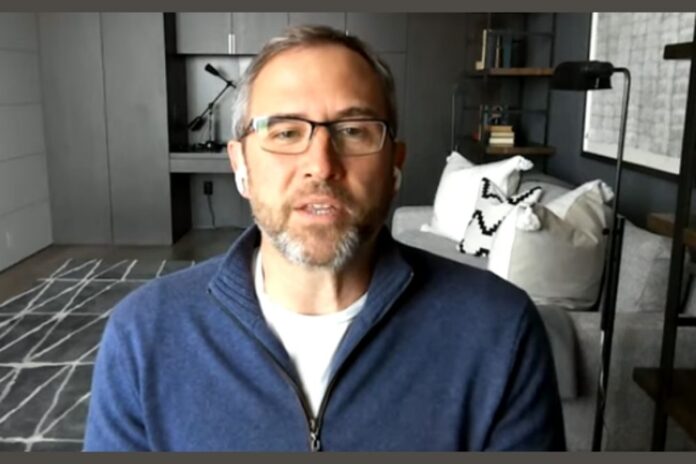Grad Garlinghouse, the CEO at Ripple, has recently taken to Twitter to celebrate the recent Judge’s ruling in the ongoing XRP lawsuit, which went in favor of Ripple and the XRP community.
According to the announcement made a few hours ago by James K. Filan, a defense lawyer and federal prosecutor, Judge Torres has denied the SEC’s motion to seal the Hinman documents.
Read Also: Cyber Capital Founder Challenges XRP Decentralization, Ripple CTO David Schwartz Responds
In response to the announcement, Garlinghouse said the ruling is another win for transparency, stating that the public will soon see what the United States Securities and Exchange Commission (SEC) has been trying to hide all these while.
In response to James K. Filan’s announcement, Brad Garlinighouse wrote, “Another win for transparency! Unredacted Hinman emails to be publicly available soon – stay tuned as the lawyers work through the mechanics to make that happen.”
Another win for transparency! Unredacted Hinman emails to be publicly available soon – stay tuned as the lawyers work through the mechanics to make that happen. https://t.co/o6puPypRHd https://t.co/qmaLVeQaP8
— Brad Garlinghouse (@bgarlinghouse) May 16, 2023
How important are the Documents to Ripple and XRP Community
As earlier reported by CoinDesk, a federal judge has ruled that documents related to a 2018 speech by former official William Hinman on cryptocurrency and securities cannot be sealed by the SEC. This speech is very vital to Ripple’s defense since it involved a fact he made clear that Ethereum (ETH) was not a security.
Read Also: Rumor Claims Ripple and SEC Met Secretly Twice and New XRP Lawsuit End Date Has Been Set: Details
These documents were initially ordered to be handed over to Ripple by Magistrate Judge Sarah Netburn in January 2022 as part of the discovery process. District Judge Analisa Torres of the U.S. District Court for the Southern District of New York concurred with Netburn’s decision, ruling that the documents cannot be sealed. However, she allowed the SEC to redact the personal information of individuals mentioned in these documents.
According to Judge Torres, the documents are “not protected by the deliberative process privilege because they do not relate to an agency position, decision, or policy.” Therefore, sealing these documents would not preserve “openness and candor” within the agency, nor would such an interest be substantial enough to outweigh the strong presumption of public access.
Follow us on Twitter, Facebook, Telegram, and Google News



